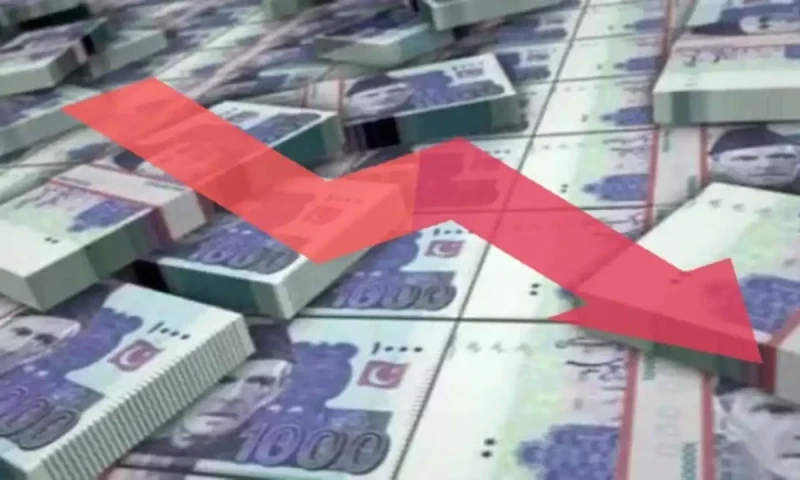Islamabad, Feb 19: State-Owned Enterprises (SOEs) in Pakistan reported a total loss of Rs. 851 billion in the fiscal year 2023-24, reflecting a 14.03% decline compared to the previous year. According to the Ministry of Finance’s latest annual report on SOEs, after factoring in government subsidies of Rs. 782 billion and grants amounting to Rs. 367 billion, the net losses stood at Rs. 521.5 billion.
Among the most unprofitable entities, the National Highway Authority (NHA) incurred the highest losses, reaching Rs. 295.5 billion. It was followed by the Quetta Electric Supply Company (Rs. 120.4 billion), Peshawar Electric Supply Company (Rs. 88.7 billion), Pakistan International Airlines (Rs. 73.5 billion), and Pakistan Railways (Rs. 51.3 billion). Over the past decade, total SOE losses have surged to Rs. 5,748 billion, signaling persistent financial distress.
Despite these losses, SOEs generated Rs. 13,524 billion in revenue during the year, marking a 5.2% annual growth. Moreover, overall profits rose by 14.61% to Rs. 820 billion. The total asset value of SOEs increased by 6.37%, reaching Rs. 38,434 billion, while liabilities also expanded by 6.7% to Rs. 32,571 billion. Net equity stood at Rs. 5,863 billion. However, the high weighted average cost of capital (WACC), ranging between 17% and 22%, resulted in a negative Return on Equity (-0.5%) and a modest 3.4% Return on Invested Capital.
On a positive note, some SOEs remained profitable, with Oil and Gas Development Company recording earnings of Rs. 208.9 billion, followed by Pakistan Petroleum Limited (Rs. 115.4 billion) and National Power Parks (Rs. 76.8 billion). However, despite these gains, financial inefficiencies remain a concern, as the Economic Value Added (EVA) remained negative at Rs. 2,500 billion, reflecting ongoing cash flow difficulties. 
Read More:
Pakistan Raises Rs. 259B via T-Bills Amid Yield Hike
SOEs also contributed significantly to government revenues. They paid Rs. 372 billion in taxes, while non-tax revenues—comprising sales taxes, royalties, and levies—amounted to Rs. 1,400 billion. Additionally, they distributed Rs. 82 billion in dividends and paid Rs. 206 billion in interest, bringing their total contribution to Rs. 2,062 billion.
The financial challenges of SOEs continue to weigh on Pakistan’s economy. Without significant structural reforms, these losses will likely persist, affecting public finances and economic stability. Addressing inefficiencies, improving governance, and adopting sustainable business strategies are crucial for turning these enterprises around.
